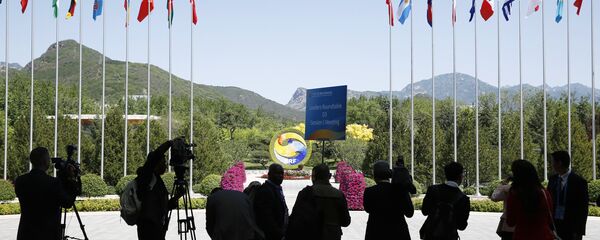Often dubbed a 21st century version of the Silk Road, the initiative is definitely one of the largest investment projects in human history. The planned trade routes from east to west bode well in the advent of a new era, where wealth flows west to east.
Although the entire picture is a bit murky, it appears that my country of Japan, geographically speaking, is not included in the BRI. However, just because the BRI excludes Japan does not mean it has no impact on the country. Rather, Japan is one of the countries most impacted by the BRI.
On the other hand, in May and July last year Japan reversed its initial position and voiced its willingness to join the BRI, which the Chinese government welcomes.
A lot of Japanese companies have found opportunities in the BRI and are eager to list their names as possible business partners.
Of course there are issues to be dealt with. The two nations have a complicated history — they have experienced both friendship and feuds. In addition, Japan has concerns about whether BRI projects are in line with international standards. It is true that both sides could easily find tension in both what happened and what is happening. It is also true, however, that both sides have the willingness to overcome the problems and jointly go forward. One should not sacrifice the other to flourish.
While seemingly contradictory, Japan’s openness toward the BRI while seeking alternatives is the fruit of realistic deliberations weighing the pros and cons.
The most important takeaway the BRI holds for my country is Japan should be open to international, particularly Asian, stakeholders to the extent that Japan could benefit from contributing to such stakeholders. After losing World War II, Japanese foreign policy has not always been assertive.
Overcoming political and diplomatic discourse and working hand in hand, China and Japan could improve the project as well as their bilateral relationship. In doing so, Japan could help realize the very spirit of the BRI: to connect everything, develop open and free trade routes, and make this world a better place.
Views and opinions expressed in this article are those of Satoshi Hashiba and do not necessarily reflect those of Sputnik.
Satoshi Hashiba has worked as an insurance specialist for 15 years, developing his career in customer relations and international business planning. This article was originally published in China Daily.





